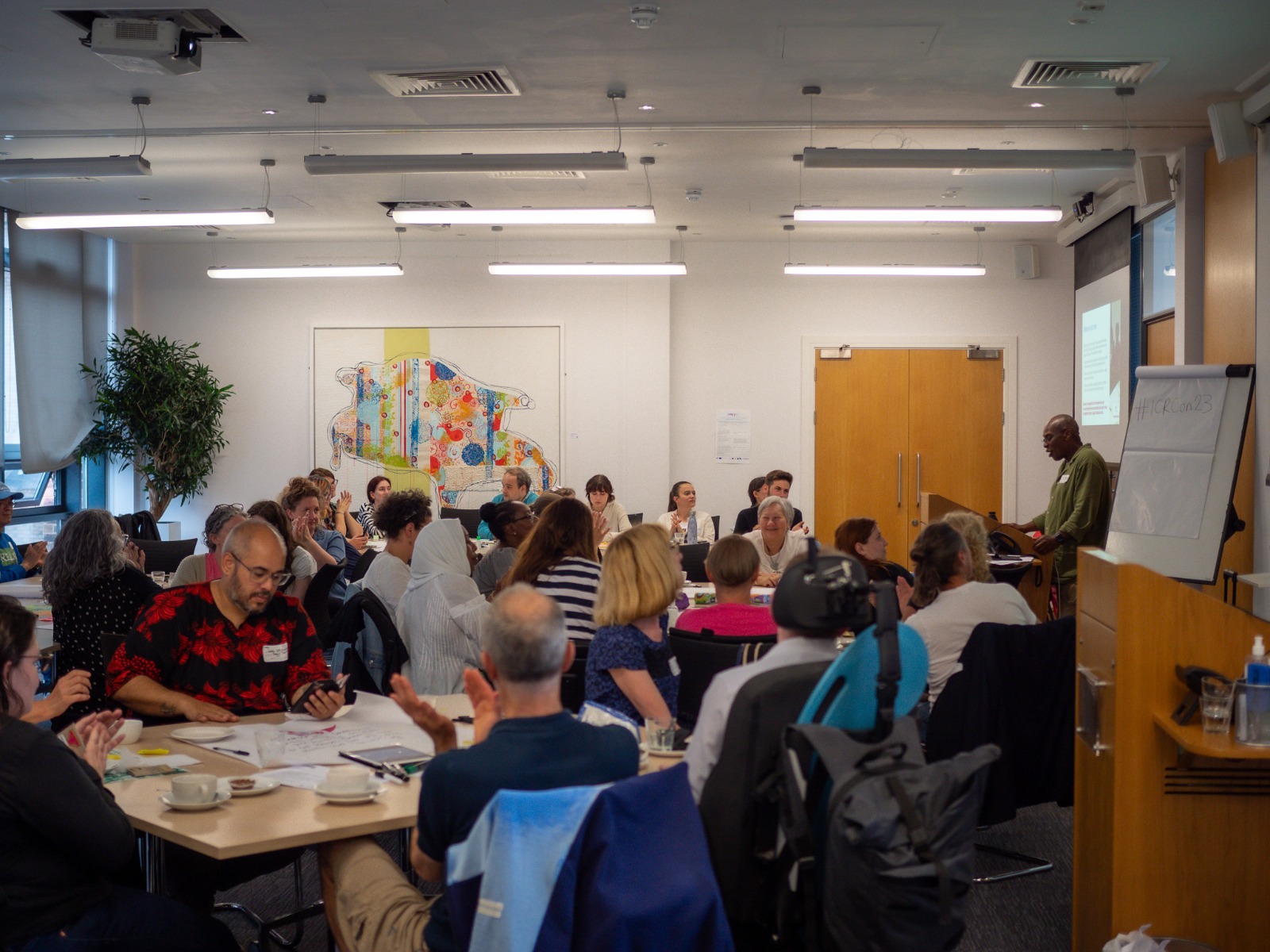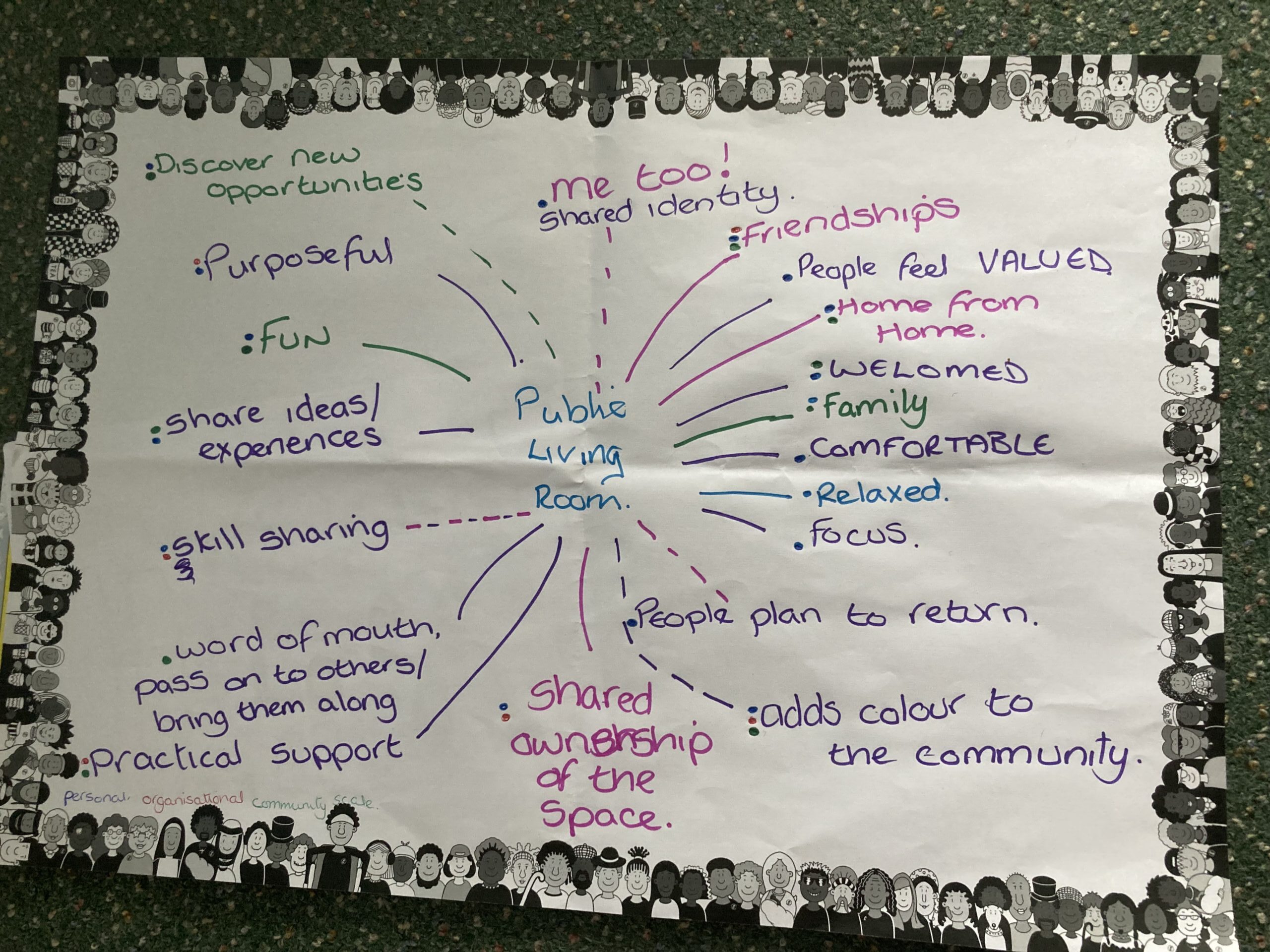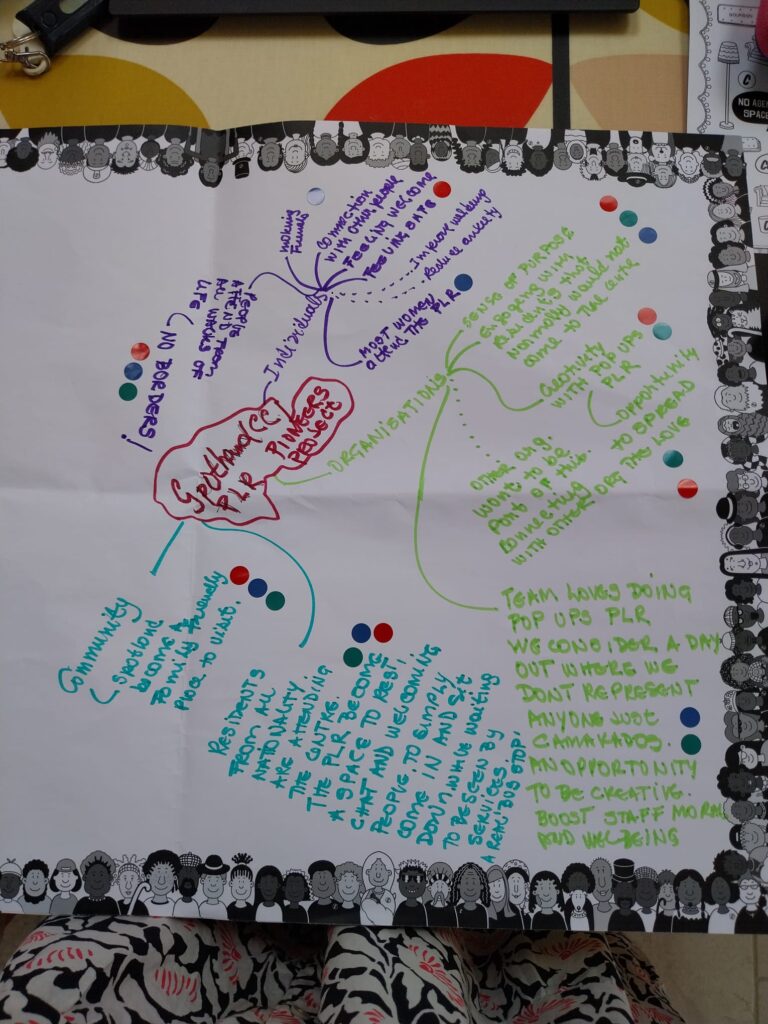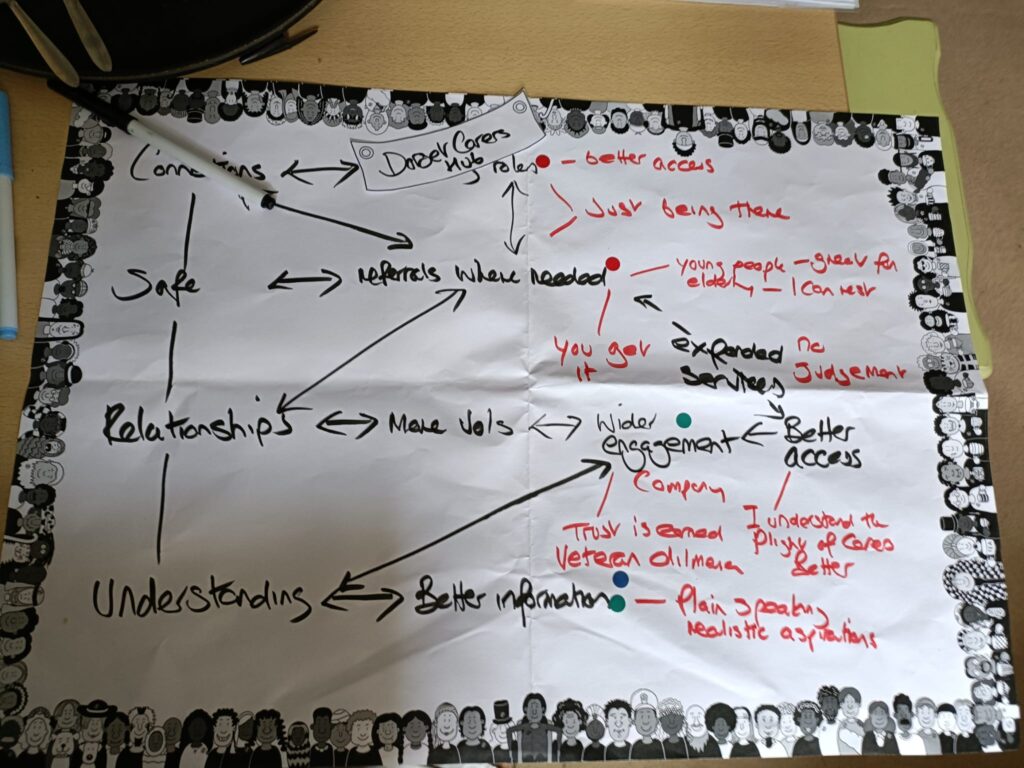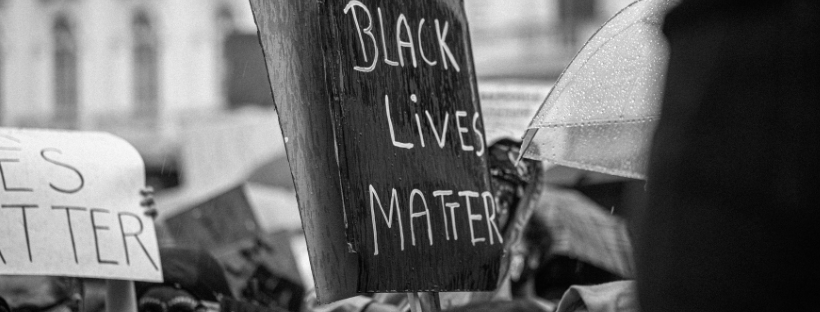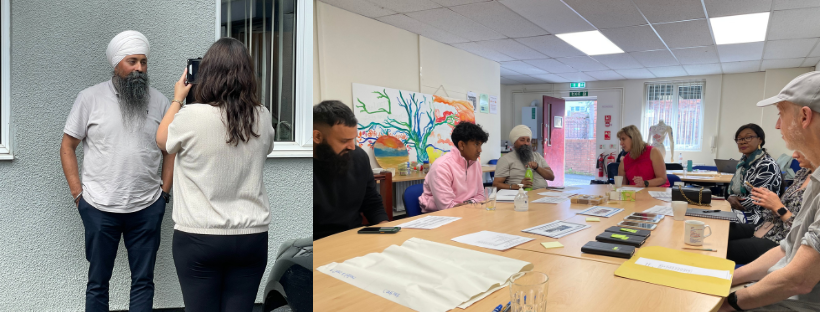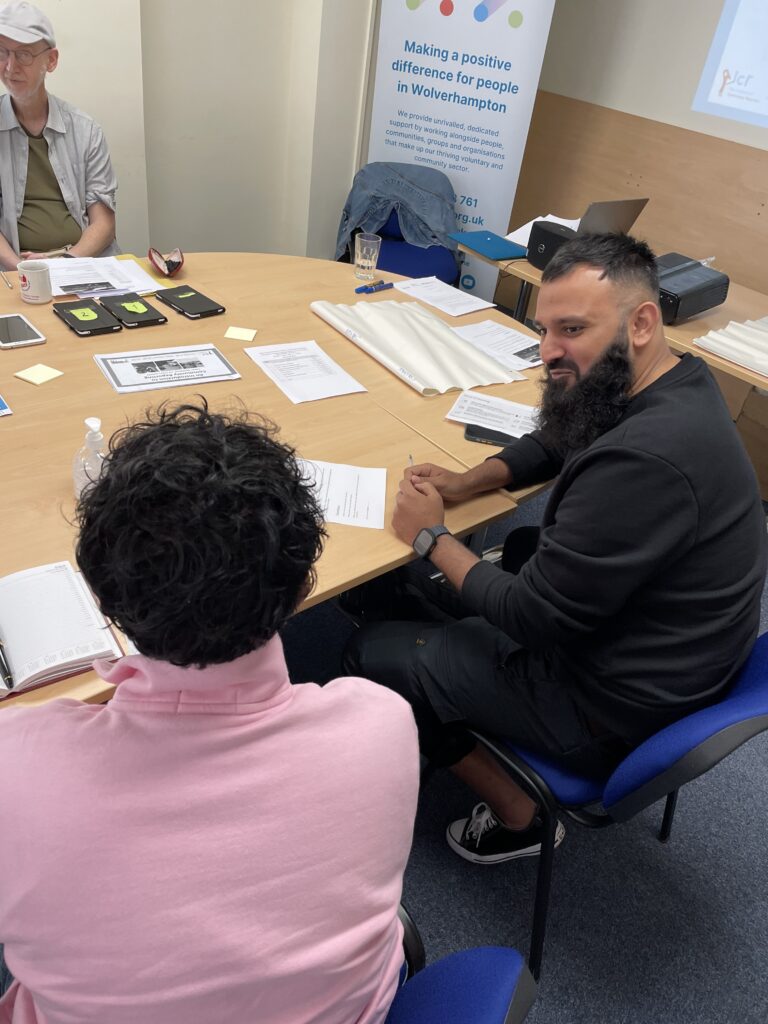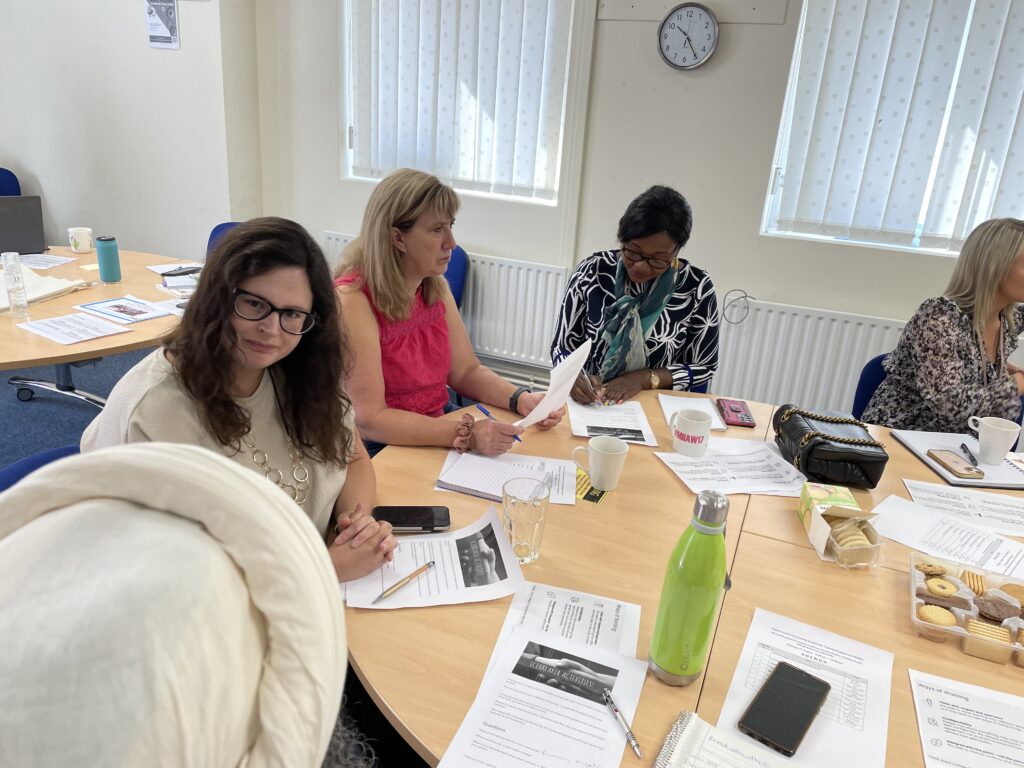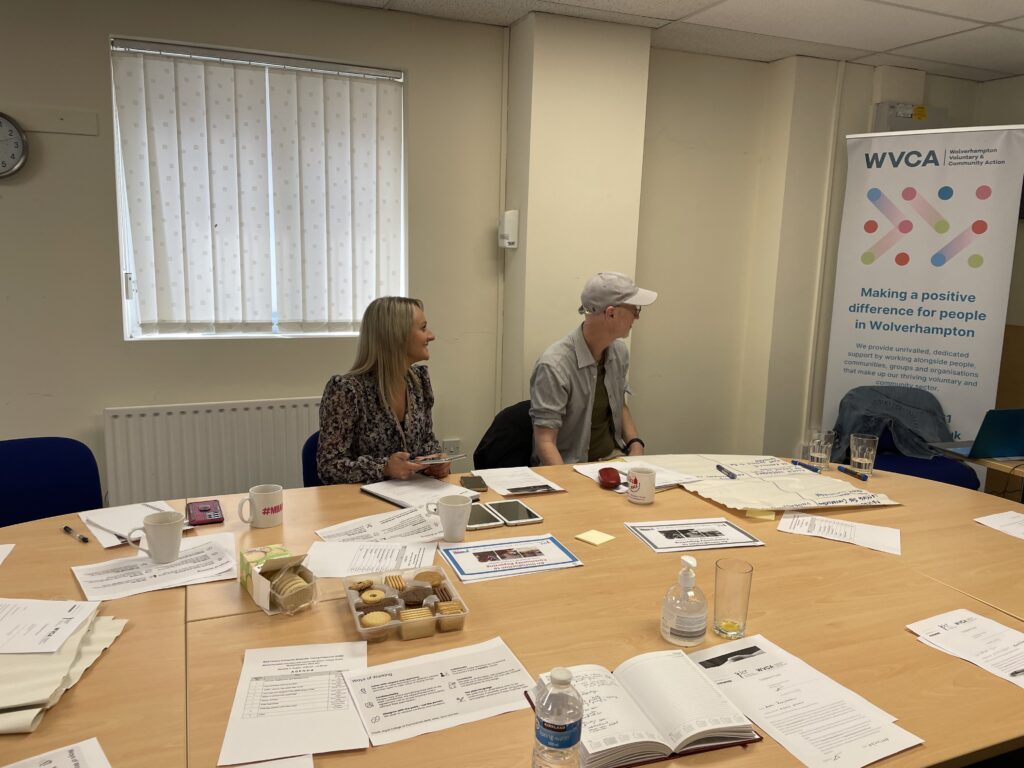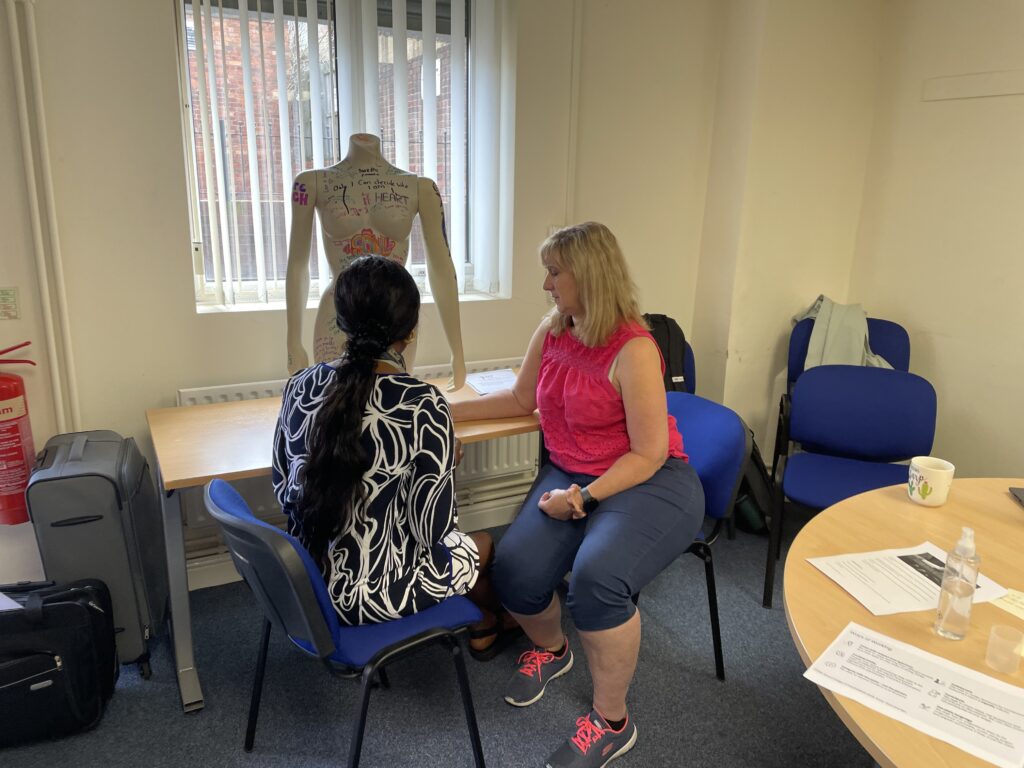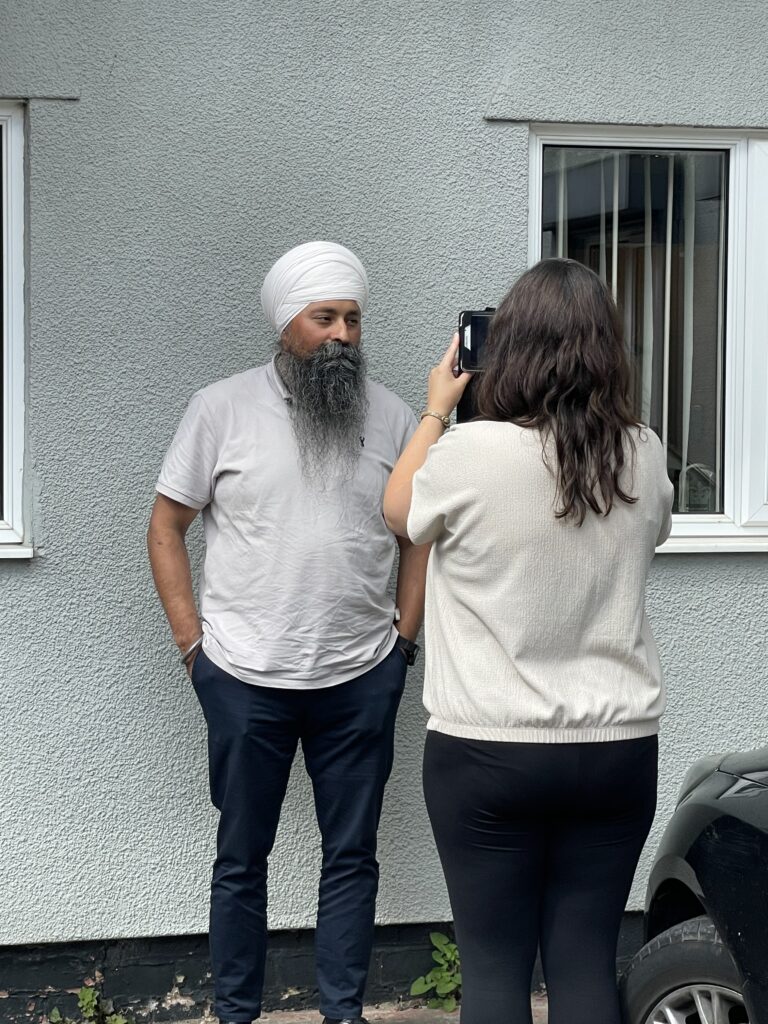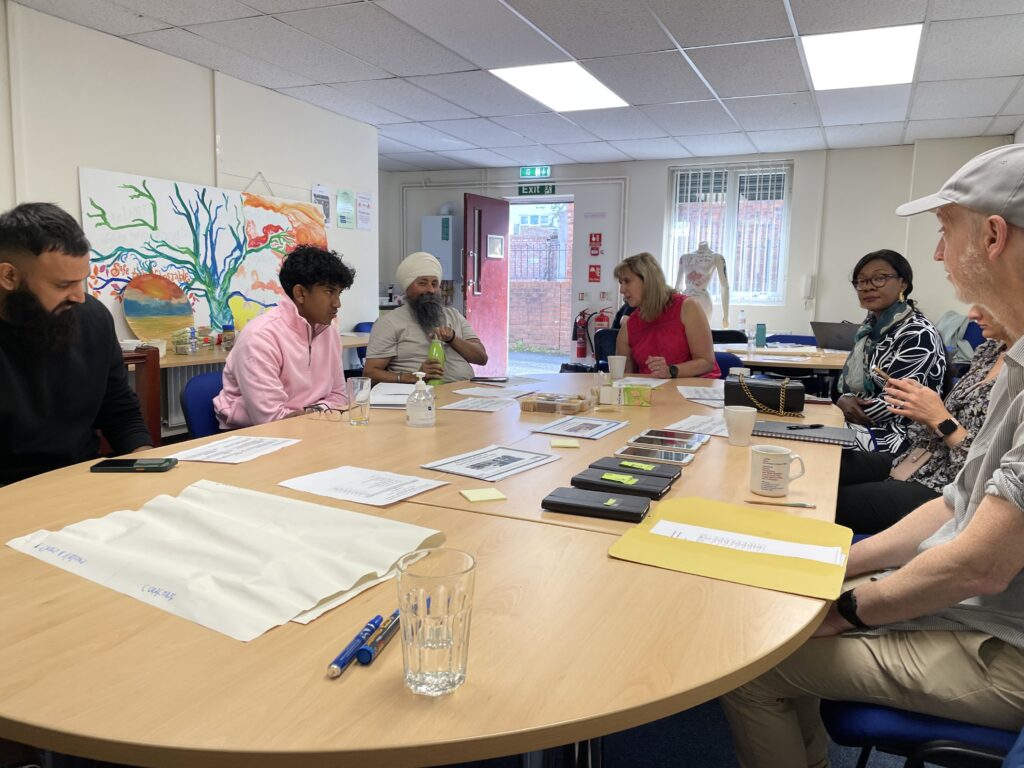The Voice of the Dragon – Being a Partner on the HOME? Heritage project
Dragons Voice CIC started working with People’s Voice Media (PVM) on the HOME? Project in May 2022 after discussions with Hayley (CEO of PVM). We feel privileged to be part of this project as we have worked with another organisation on a similar type of project. Initially we intended to gather stories from the BNO new arrivals from Hong Kong but this was not welcomed by that community as many feared for their safety and did not want to participate in a project that will showcase how they are living now since arriving in the UK.

We discussed this with PVM and Kath kindly agreed that we could look at alternative sectors of the Chinese community. In the end we recruited mainly from Mandarin speaker from mainland China who arrived in the UK within the last 10 years.
We found members of the PVM team to be very understanding and willing to adapt to our changing circumstances. As the director authorising the partnership agreement, I felt that PVM as an organisation stands true to its values. I have met Hayley a few times when I attended some training (early 2021) and at a conference way back in 2017. What came across was the philosophy of non-exploitation and letting people take control of their own stories.
How have the participants benefited from the project?
The participants who attended the Community Reporter training gained skills in doing short snapshot and dialogue interviews. They used a tablet to record the videos at the training sessions. The interviews were spoken in Chinese languages so they did not have to struggle with speaking in a second language. Some gathered stories after the training and uploaded them onto the Community Reporter website.
Those who attended the archive research training completed summaries of stories they found in the Manchester Evening newspaper. The focus was on finding stories on positive contributions from migrants. The skills they developed were firstly to locate the articles online and then sifting through the articles to find relevant stories. To conclude, they had to summarise and transfer core information onto the spreadsheet.
The training provided opportunities for strangers to meet up with other peers and transfer some of the learning into practice. Those who struggled with the archive research due to language were supported by those who had better English abilities. The project provided opportunities for participants to talk about and reflect on their migration journeys. Dragons Voice created 2 part-time posts for its volunteers, one to co-ordinate and the other to support in recruitment and organising activities.

Has Dragon’s Voice learned anything from taking part or from the stories?
There are many similarities in the stories, namely people migrate for better opportunities in life. There are always challenges to overcome in the initial transition, be it the weather in UK, availability of food they normally eat, language barriers or employment opportunities. The approach to interviewing in Community Reporting is very different to interviewing to mine for information, which is how we normally work when interviewing guests on our radio shows. In future we should be less focused on getting information we want and instead adopt a facilitative approach for the individuals we interview to tell their stories.
As a director I have learned to devise employment contracts for freelance workers but is not quite sure what to do when they pull out mid-way. I have had to step in and luckily as I had overall management of the project, I was able to pick it up without much trouble.
The Knowledge Exchange event puts the stories we gathered into a wider context and the roadmaps produced offers a sense of direction for future actions. It was good to meet up with other partners at the partners meetings, who worked across broader areas and are much more politically aware. Their comments provided different perspectives and food for thought.
At the conference in Liverpool, I found out about the other great projects that PVM is involved in and it opened my eyes to the broader work of community reporting.
I am painfully aware that Manchester has diverse migrant communities and it was with regret that we did not include these other groups in our project. We did offer the archive training to ALLFM presenter but there was no uptake advertising it on the volunteers steering group meetings and at ALLFM studio. We need to consider in future how to engage with other migrant groups within Manchester.
It is with much appreciation that Dragons Voice CIC was able to be a partner on this project. We hope to be able to work with People’s Voice Media again in the future.
Denise Yuen Megson
Director
Dragons Voice CIC

